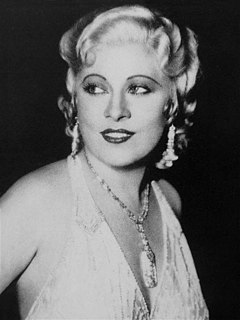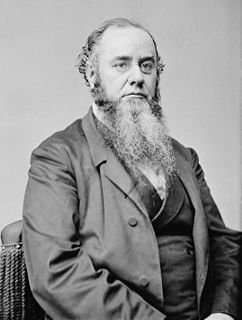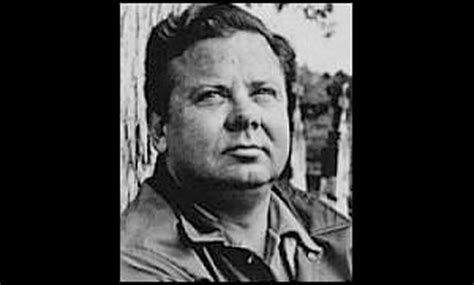A Quote by Edward Abbey
By the age of forty, a man is responsible for his face. And his fate.
Related Quotes
Public opinion contains all kinds of falsity and truth, but it takes a great man to find the truth in it. The great man of the age is the one who can put into words the will of his age, tell his age what its will is, and accomplish it. What he does is the heart and the essence of his age, he actualizes his age. The man who lacks sense enough to despise public opinion expressed in gossip will never do anything great.
And now I am eking out my days in my corner, taunting myself with the bitter and entirely useless consolations that an intelligent man cannot seriously become anything; that only a fool can become something. Yes, sir, an intelligent nineteenth-century man must be, is morally bound to be, an essentially characterless creature; and a man of character, a man of action - an essentially limited creature. This is my conviction at the age of forty. I am forty now, and forty years - why, it is all of a lifetime, it is the deepest of old age. Living past forty is indecent, vulgar, immoral!
I came across a photograph of him not long ago... his black face, the long snout sniffing at something in the air, his tail straight and pointing, his eyes flashing in some momentary excitement. Looking at a faded photograph taken more than forty years before, even as a grown man, I would admit I still missed him.

































